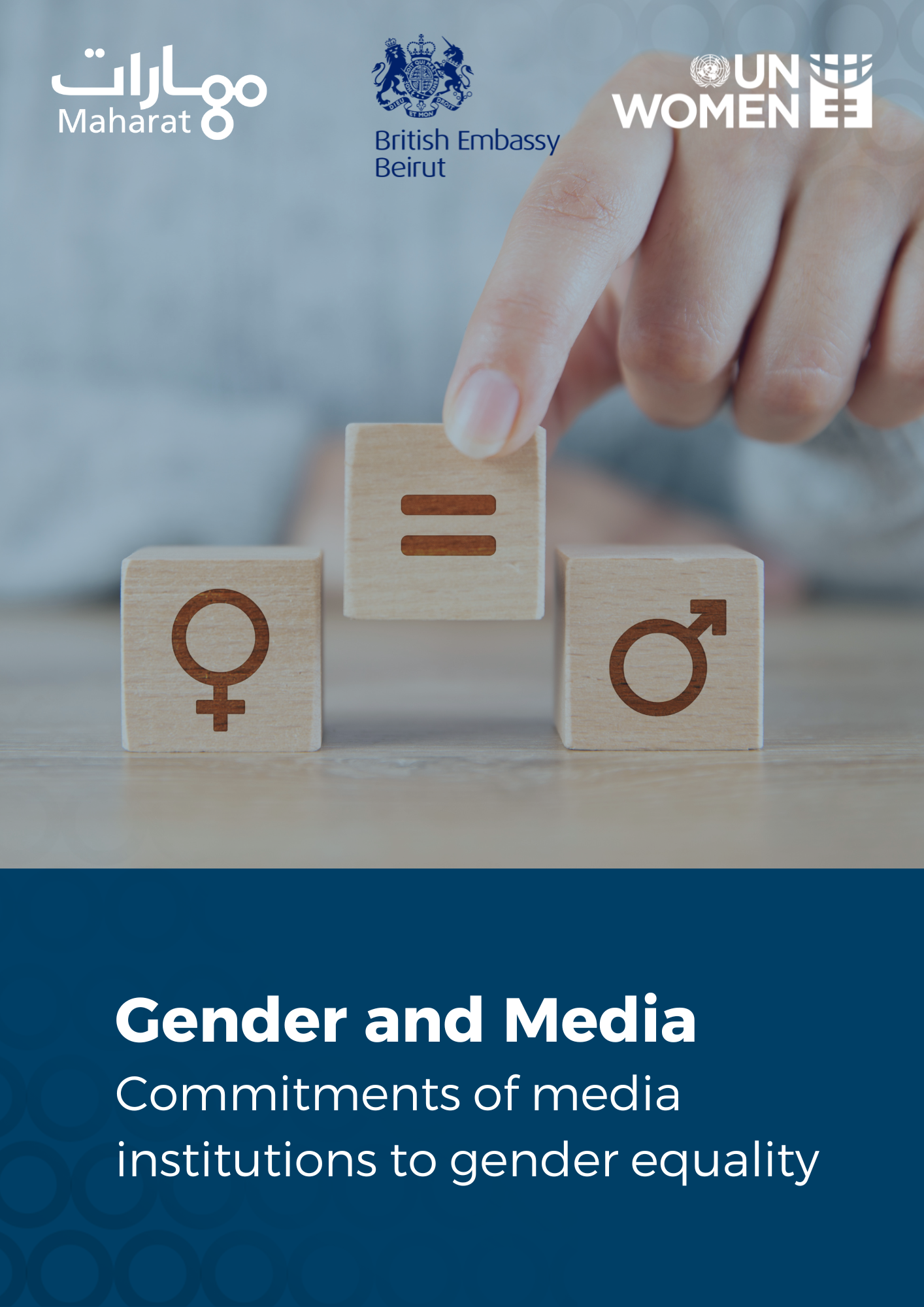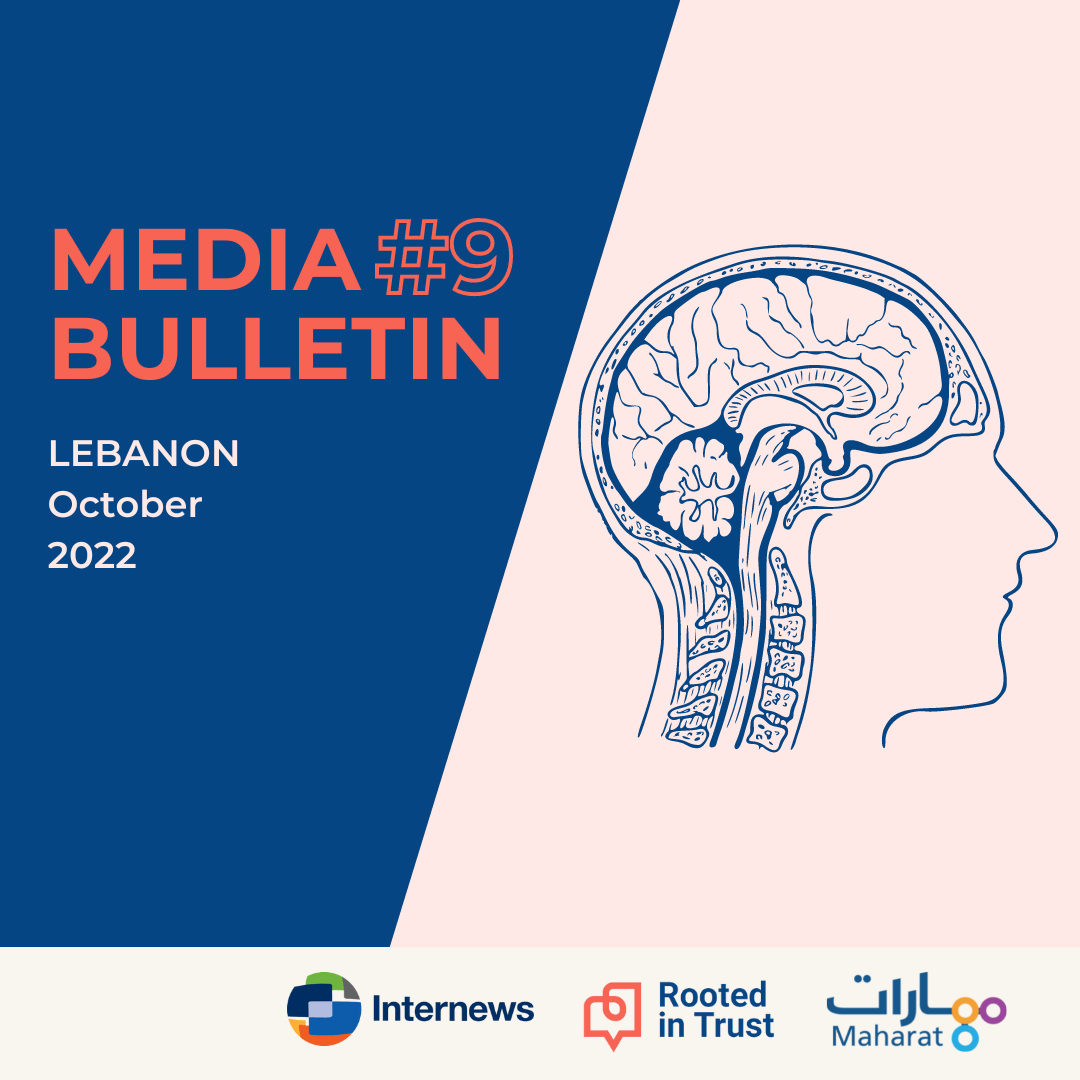
Gender and Media: Commitments of media institutions to gender equality
Often, media policies in Lebanon fail to consider the perspective of gender rights, leading to the reinforcement of television programs focusing on social issues that perpetuate stereotypical gender roles and normalize masculine and patriarchal dominance.
Factors such as political, economic, social, and cultural contexts, along with media institutions, contribute to this issue. Additionally, some media workers' lack of awareness of human rights and women's rights approaches in this context exacerbates the problem. Furthermore, certain masculine practices by some media workers solidify stereotypical images of women without considering the importance of enhancing their presence in public life, ultimately marginalizing them from public spaces and thwarting efforts towards their political empowerment.
This report, in its first part, presents the international commitments to gender mainstreaming in media, in addition to the status of gender equality at the national level in terms of organizational, legal, political, economic, social, and cultural aspects. Moreover, it illustrates how the media deals with women in the political field, with most news biased towards male perspectives. It also highlights the reality of gender diversity within media institutions in the workplace and in leadership positions. Additionally, it showcases the extent to which media rely on women as news sources, experts, and advocates, as well as the ratio of coverage dedicated to gender equality issues.
The second part of the report entails a commitment document pertaining to gender equality, which can be endorsed by media institutions, with the aim of promoting a more gender-sensitive media landscape.
To read the report:
Gender and Media: Commitments of media institutions to gender equality





